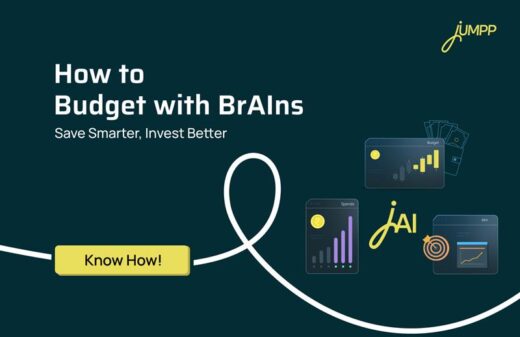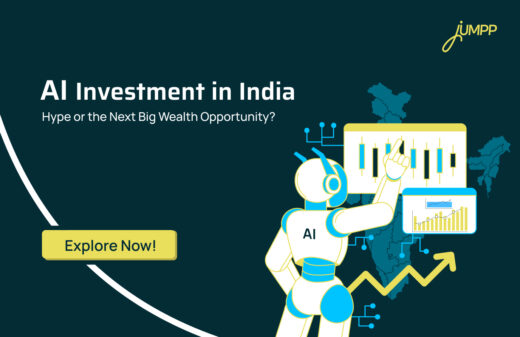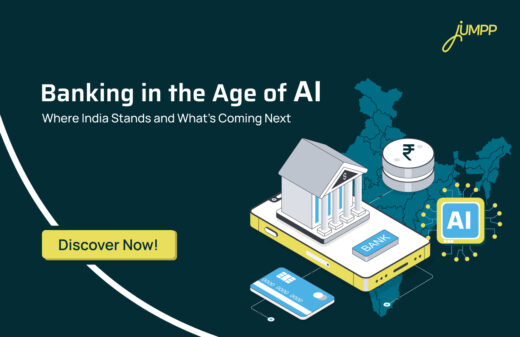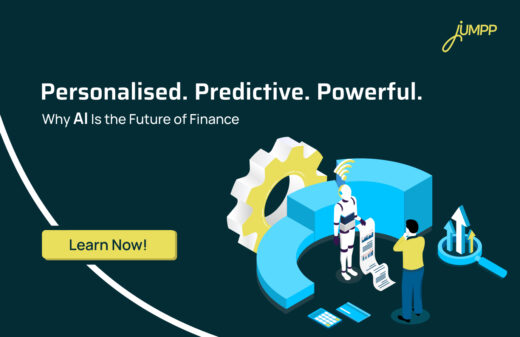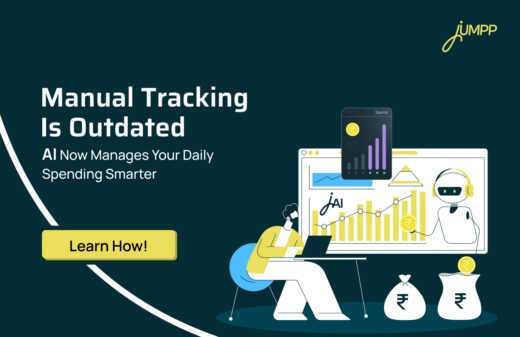Artificial Intelligence vs Human Intelligence- Speed, Logic, Emotion and Everything Between
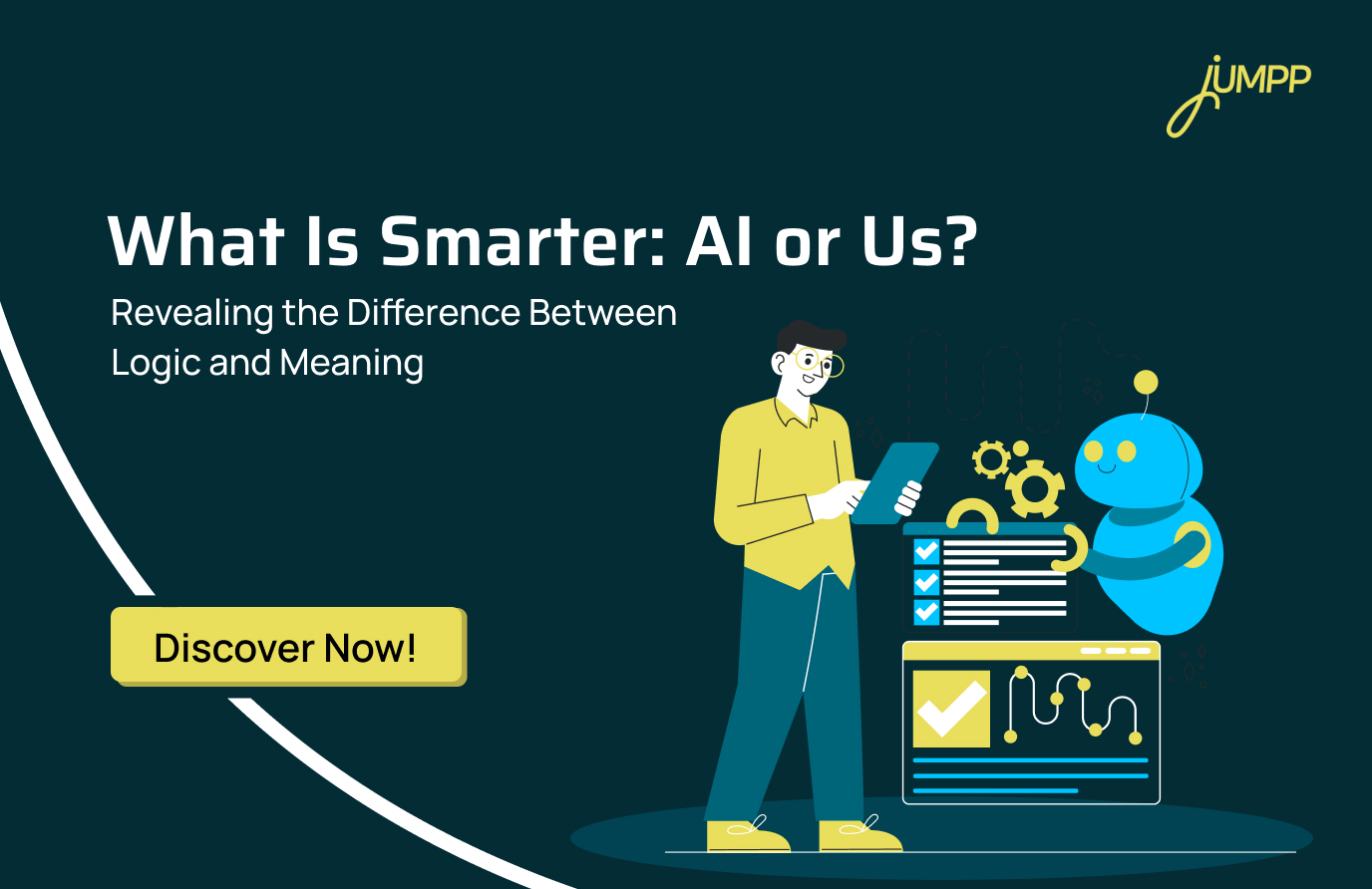
We keep hearing about the rise of AI. It’s in finance, healthcare, government services, education, and even your phone. AI is everywhere. But what does this shift really mean for human intelligence? Is AI actually smarter? Will it take over jobs? Can it think beyond data? Or is it just a tool that still needs humans to guide it? But before we talk about where it’s heading, we need to understand the difference between artificial intelligence and human intelligence.
Machines are fast. They can learn patterns, solve problems, and give answers in seconds. But are they actually intelligent? Do they understand emotions, culture, or intent?
Humans can connect the dots with context. We think, feel, imagine, and make sense of situations. That’s why the difference between artificial intelligence and human intelligence is not just about speed. It’s about purpose, emotion, and the ability to choose what matters.
In a country like India, where every decision is influenced by language, tradition, and human behaviour, this difference becomes even more relevant.
Let’s jUMPP ahead for better understanding.
What is Artificial Intelligence?
Artificial Intelligence (AI) refers to machines or computer systems that are designed to perform tasks that usually require human thinking. This includes learning, reasoning, decision-making, and sometimes even creativity.
At its core, AI is a system trained on data. It learns patterns, outcomes, and logic from existing information. Unlike the human brain, it doesn’t have emotions, experiences, or values. It just has inputs and outputs, and often millions of them.
When you type a question in a chatbot and get an instant answer, that’s AI.
When your email filters spam automatically, that’s AI.
When your bank flags a suspicious transaction within seconds, again, AI.
But all these tasks work only because AI was trained with massive data and very specific goals.
Ready to put AI to work for your money?
Try our AI-powered Expense Tracker App now.
What is Human Intelligence?
Human intelligence is much broader. It’s not just the ability to remember or calculate. It’s the ability to observe, feel, think abstractly, reflect, connect emotionally, and create, often at the same time.
It includes:
- Logical reasoning
- Emotional intelligence
- Creativity
- Decision-making in unfamiliar situations
- Intuition
- Ethics and moral reasoning
We’re not born knowing everything. But we learn from experience. A child who burns their hand once near a stove may never repeat the mistake. AI, on the other hand, needs to be explicitly instructed and re-instructed on every single rule unless it is trained otherwise.
You may walk into a room and immediately sense tension. No one said anything, but you feel it.
That’s human intelligence. AI can’t do that.
Artificial Intelligence vs Human Intelligence: Key Differences
Let’s now get to the bottom of AI vs human intelligence.
| Basis | Artificial Intelligence | Human Intelligence |
| Learning Source | Data-driven (millions of samples) | Experience-based (lived and emotional) |
| Speed | Fast, real-time | Slower, but deeply contextual |
| Emotions | None (can simulate) | Core to every decision |
| Adaptability | Limited to training data | Naturally flexible and intuitive |
| Original Thinking | Limited, pattern-based | Highly creative and abstract |
| Ethical Judgment | Lacks real values | Understands moral consequences |
| Memory | Large-scale, precise | Selective but efficient |
| Common Sense | Needs explicit logic | Instinctive, context-aware |
| Errors | Misfires on ambiguity | Adapts when unclear |
Human Brain vs AI: Who Wins Where?
The human brain vs AI debate isn’t about who’s better overall. It’s about understanding who’s better at what.
Where AI Wins
- Speed: AI can scan and analyse terabytes of data in seconds.
- Scale: AI can personalise experiences for millions at once (think: YouTube or Spotify).
- Efficiency: AI never tires, doesn’t take breaks, and doesn’t forget instructions.
- Repetition: AI excels at repetitive tasks, such as fraud detection, inventory management, and predictive typing.
Where Humans Still Lead
- Emotional decisions: AI can mimic tone but not truly understand emotion.
- Situational judgment: In a crisis, humans apply ethics, context, and sensitivity.
- First-time events: Humans are better at reacting to unknown, unseen events.
- Empathy and relationships: Negotiating, teaching, parenting, caregiving — these need more than logic.
An AI tool might help you write an email to a client, or do a task on your behalf, but only you will know how to phrase it if the client is upset, or late on payments, or has just lost someone. That level of depth doesn’t come from training data. It comes from being human. To craft a perfect email, you need to guide AI with the right prompts and directions. That means AI cannot replace a human in this simple task.
What Makes AI Powerful (But Not Perfect)
- AI doesn’t forget.
- It doesn’t sleep.
- It doesn’t get emotional.
- It works on logic.
- It gets better with more data.
That’s powerful.
But AI also doesn’t question things. It doesn’t ask “Should I do this?” It only asks, “Can I do this?”
That’s where humans must lead.
But AI Isn’t Always Right
What happens when we let AI make too many decisions for us?
It may start with a shortcut, but over time, it can chip away at human judgment. When machines handle everything from recommendations to hiring to healthcare alerts, we risk forgetting how to think beyond the algorithm.
An excessive reliance on AI can limit creativity and hinder critical thinking. If something goes wrong, who takes the blame, the code or the creator?
In sectors like finance or law, this can have real consequences. There’s also the risk of bias, where flawed data leads to flawed results. And in countries like India, where human context matters, AI often misses cultural cues that can’t be coded. It’s a tool, not a replacement. The moment we forget that, we stop questioning, and that’s when we lose control.
A financial tool might automate your spending, but only you know what matters more to you: saving for your child’s education or paying off a loan.
Try AI-powered budget analysis!
- A recruitment algorithm might shortlist candidates, but only you can sense team fit.
- A creative tool might generate 100 headlines, but only you can feel which one lands.
This is what AI lacks. The “why” behind the decision. The value. The instinct. The story.
What’s the Future: AI vs Human or AI With Human?
The idea of AI replacing humans makes for great headlines. But the truth is simpler:
AI will replace tasks, not people.
It will assist, not lead.
It will take care of the “what” and “how” — but the “why” and “should” will always need us.
Have a look at this-
Humans Set the Goals, AI Achieves Them
In every industry, from finance to healthcare to logistics, AI is being used as a tool.
But someone has to:
- Define the goal
- Ask the right question
- Monitor for bias
- Interpret the result
- Decide on the final action
That someone is still human.
Conclusion
Artificial Intelligence is logical, fast, and consistent but lacks depth. Human Intelligence is emotional, reflective, and moral, but limited by energy and bias. We’re not competing with machines. We’re building them to work with us. The smartest future isn’t AI-driven. It’s human-guided and AI-supported.
So if you’re wondering who’s ahead-
AI is faster. But humans still decide the direction.
And in the long run, that’s what matters.
Want to See the Role of AI?
Read our latest insights on AI in Expense Management — how Indian businesses are moving from spreadsheets to smart automation.
AI vs Human Intelligence: FAQs
AI is faster at calculations and can handle large volumes of data. But it still depends on humans for direction, judgment, and purpose.
AI may outperform humans in narrow tasks like pattern recognition or game strategies. But it lacks general intelligence, emotion, and flexibility.
Yes, especially in situations where empathy, ethics, or unpredictable thinking is needed. AI struggles with nuance and lived human experience.
Real intelligence includes emotional depth, self-awareness, and the ability to learn from life. AI operates within what it’s been trained on.
Humans are smarter overall because we understand feelings, make moral choices, and deal with uncertainty. AI only responds to data and rules.
AI can inherit biases from its training data, lacks transparency in decisions, and raises concerns around privacy and misuse in real-world settings.
AI is a machine system with no consciousness or intent. It mimics certain aspects of human thinking, but it doesn’t think in the human sense.
Overdependence on AI can reduce human decision-making skills, increase job risk in certain sectors, and limit creativity or emotional judgment in everyday life.

